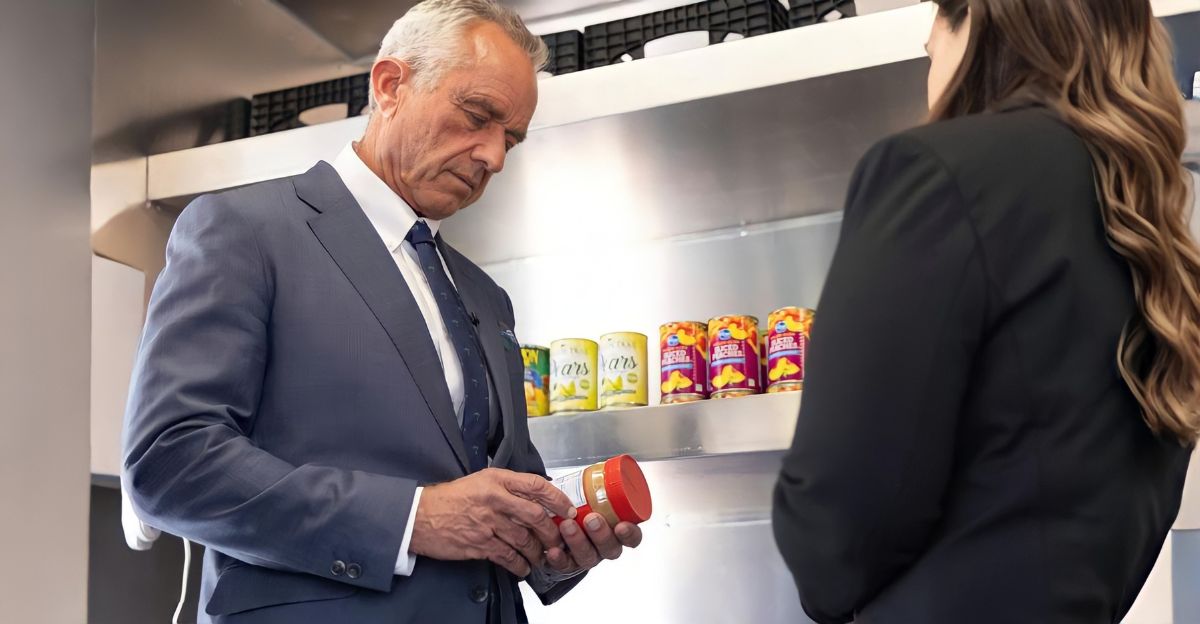
Fast food in America is about to get a serious makeover. Health and Human Services Secretary Robert F. Kennedy Jr. is pushing to ban synthetic food dyes by the end of 2026, and that means some of your favorite snacks and drinks could vanish—or look and taste totally different.
These artificial colors, found in everything from fries to slushies, have been linked to health issues like hyperactivity and behavioral problems in children. This change isn’t just about appearances. These dyes shape how we recognize and crave certain foods.
As companies rush to find natural replacements, the big question is: which fast food favorites will survive the switch?
Why RFK Jr. Is Going After Additives

RFK Jr.’s “Make America Healthy Again” campaign is the most serious fight against food additives in years. He’s not just talking about safety; he’s calling some of these ingredients “toxic soup.” He’s linking dyes and additives to disease, behavior issues, and even national security.
Behind closed doors, he’s met with food company leaders. In public, he calls them out. The idea is to get companies to change voluntarily before making the bans official. It’s a big shift in how the government is treating food. And it’s already starting to put real pressure on the fast food industry to clean up.
What the Science Really Says About Food Dyes
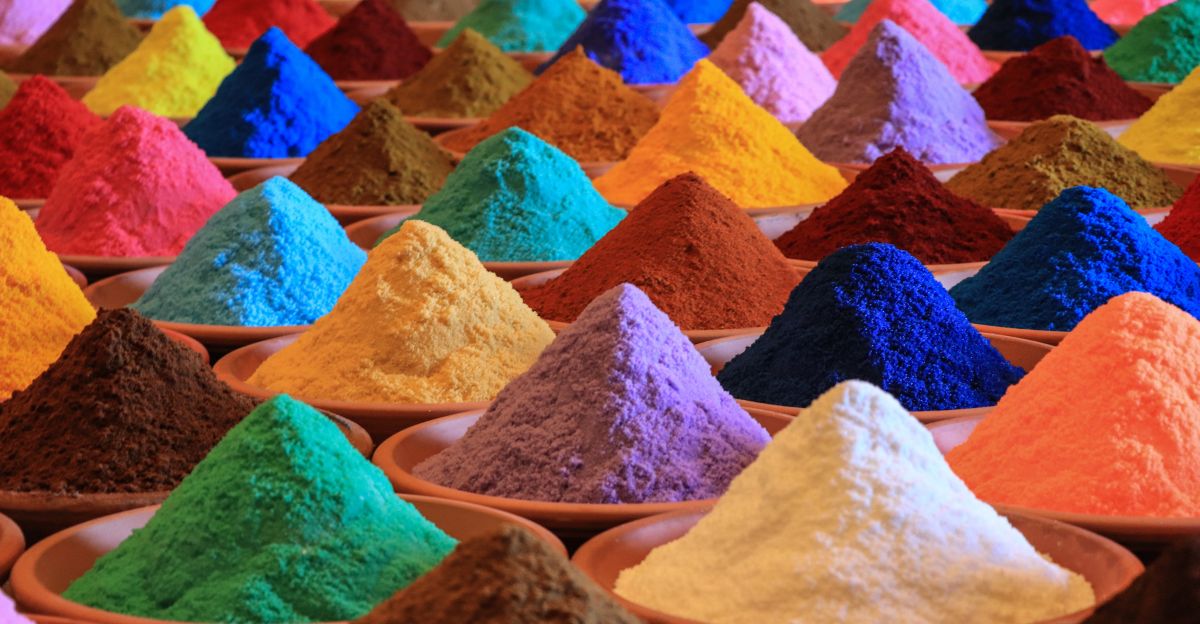
The case against synthetic dyes has grown stronger in recent years. A 2021 review by California’s EPA found clear links between dyes and behavior issues like hyperactivity and restlessness in children. Other studies have tied artificial colorings to symptoms of ADHD. Red No. 3, now banned by the FDA, was linked to thyroid tumors in animal testing for decades.
Most concerning, researchers found that even low levels of exposure can trigger reactions in sensitive kids. These additives are in nearly 20% of processed foods. And the science shows they might be more harmful than regulators believed just a few years ago.
Now, here are eight fast food favorites facing the biggest shakeup under the 2026 dye ban; some may taste completely different, while others could disappear if chains don’t act.
#1: French Fries
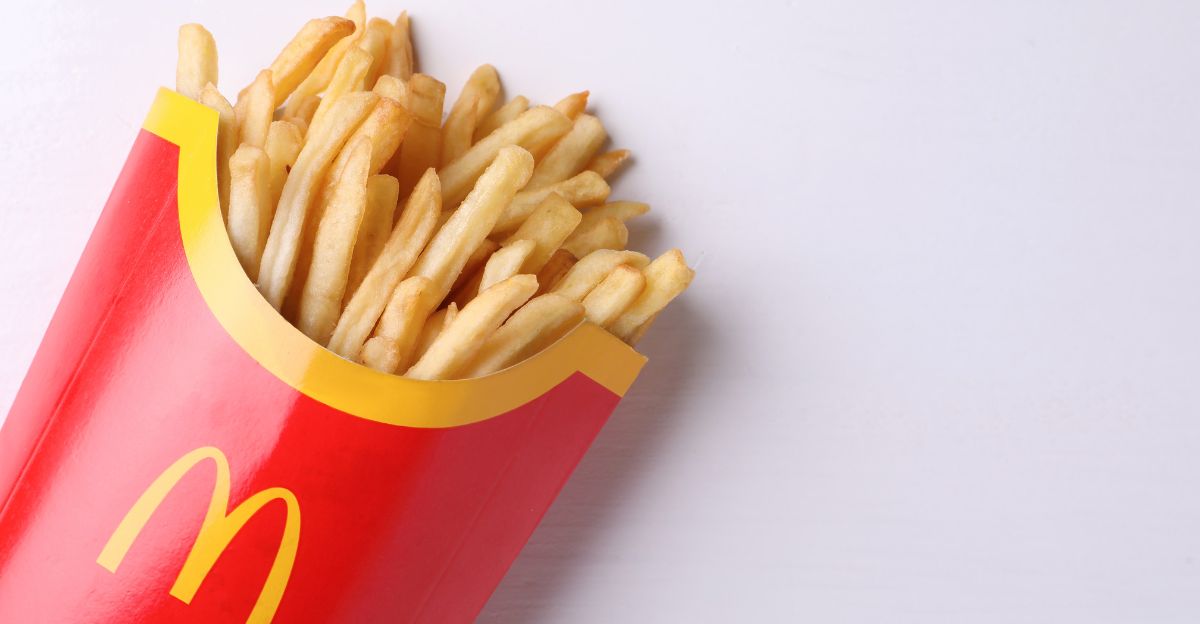
America’s favorite side dish hides a surprising mix of industrial chemicals. McDonald’s fries alone contain 19 ingredients, including dimethylpolysiloxane, a silicone found in things like Silly Putty, and TBHQ, a petroleum-based preservative.
Behind the scenes, they undergo two frying steps using hydrogenated soybean oil and additives to maintain their color and texture. RFK Jr.’s call to bring back beef tallow isn’t just nostalgia; it’s about returning to “traditional” cooking methods abandoned decades ago.
This isn’t only McDonald’s; most fast food chains rely on seed oils and preservatives that are now targeted for removal. Switching up these ingredients could change the fries’ taste and cost quite a bit.
#2: Burger Buns
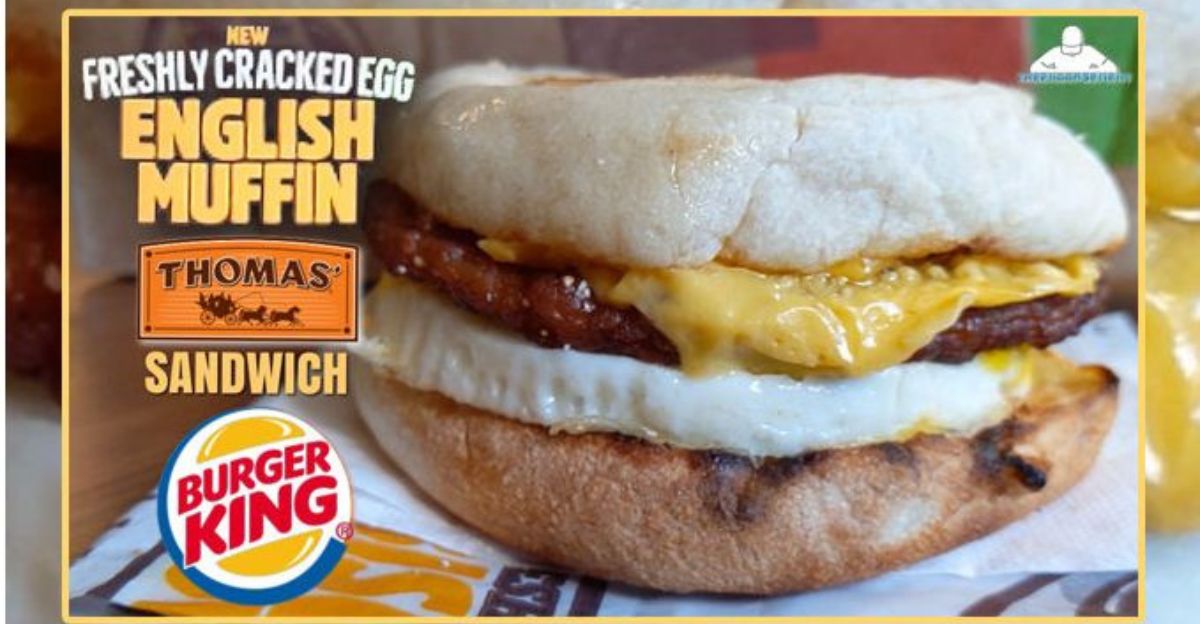
Burger buns often contain a surprising list of additives. Burger King’s English muffins include calcium propionate, potassium sorbate, and even azodicarbonamide, the so-called “yoga mat” chemical, which Subway removed after public outcry.
Another common additive is L-cysteine, an amino acid used for dough conditioning that can be sourced from human hair or duck feathers, raising ethical concerns. These additives keep buns fresh, soft, and shelf-stable, but many consumers are increasingly uncomfortable with what’s really inside their bread.
#3: Processed Meats and Sandwich Fillings
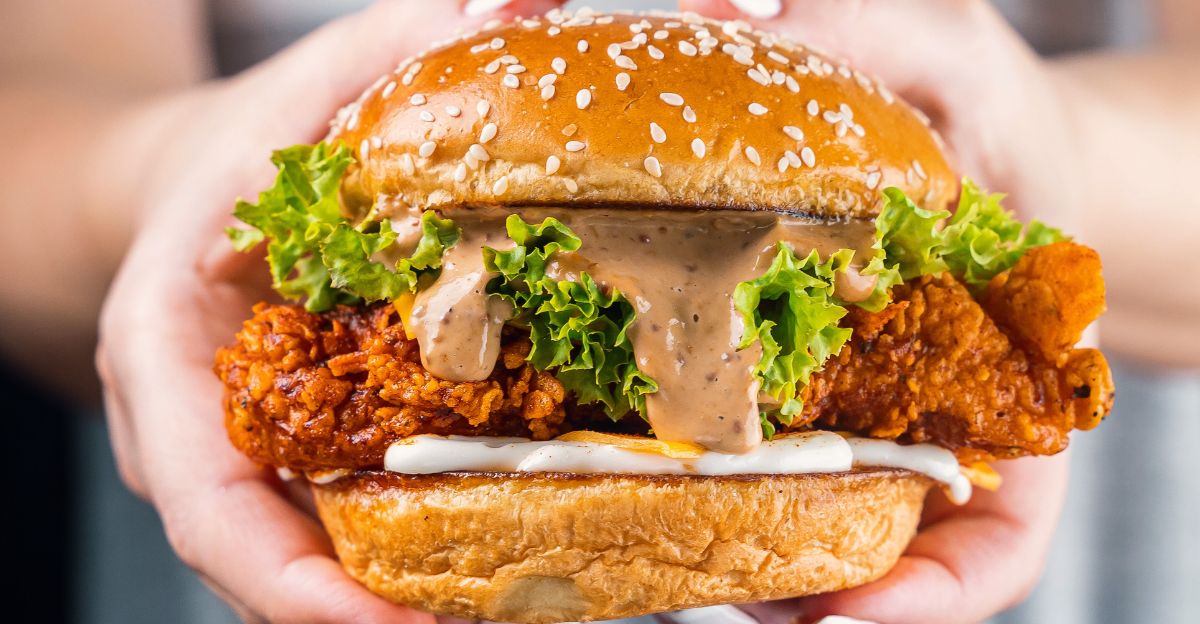
From chicken patties to roast beef, fast food meats rely on a cocktail of preservatives to stay fresh, moist, and shelf-stable. Ingredients like sodium phosphates help meat hold water but have been linked to digestive issues and possible effects on calcium metabolism.
Potassium lactate, used as both a preservative and flavor enhancer, can reduce sodium, but it also alters bacterial environments, raising concerns about its impact on gut health. Though labeled “safe,” many of these additives were approved decades ago, long before current levels of processed meat consumption.
#4: Milkshakes
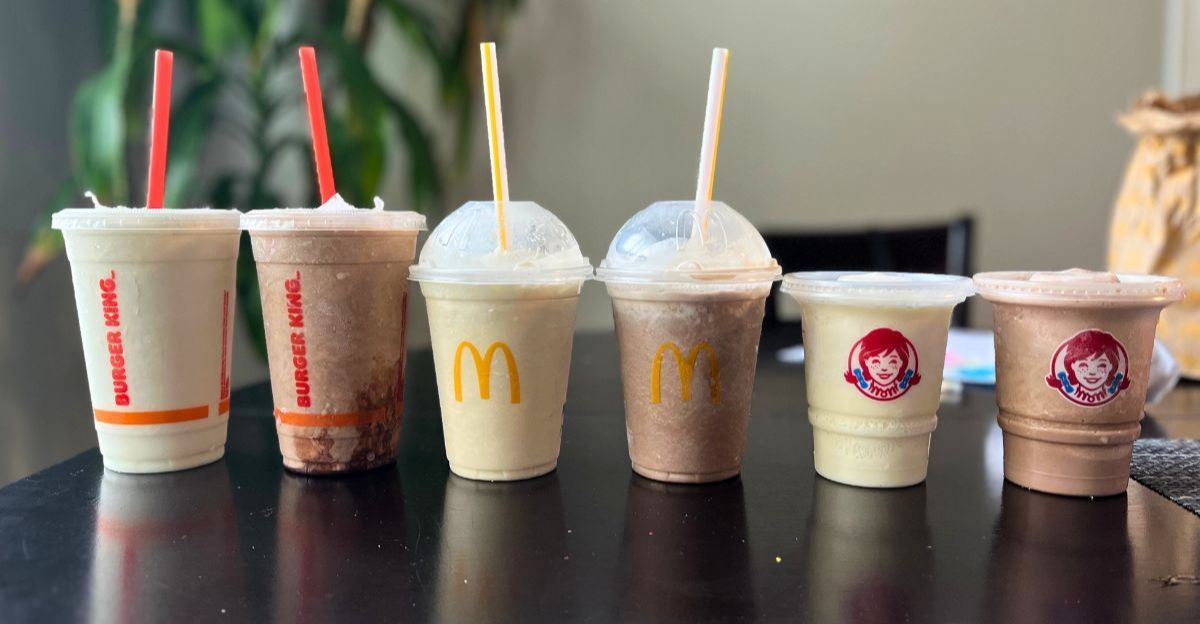
That creamy, dreamy milkshake comes with more than just sugar. Most fast food shakes rely on high-fructose corn syrup, linked to belly fat and metabolic problems, and carrageenan, a thickener tied to digestive inflammation in animal studies. Then there’s vanillin—the “vanilla” flavoring often made from wood pulp or petroleum byproducts.
Add stabilizers like guar gum, which can swell in the digestive system, and it’s clear that milkshakes are far more processed than they appear.
#5: Donuts
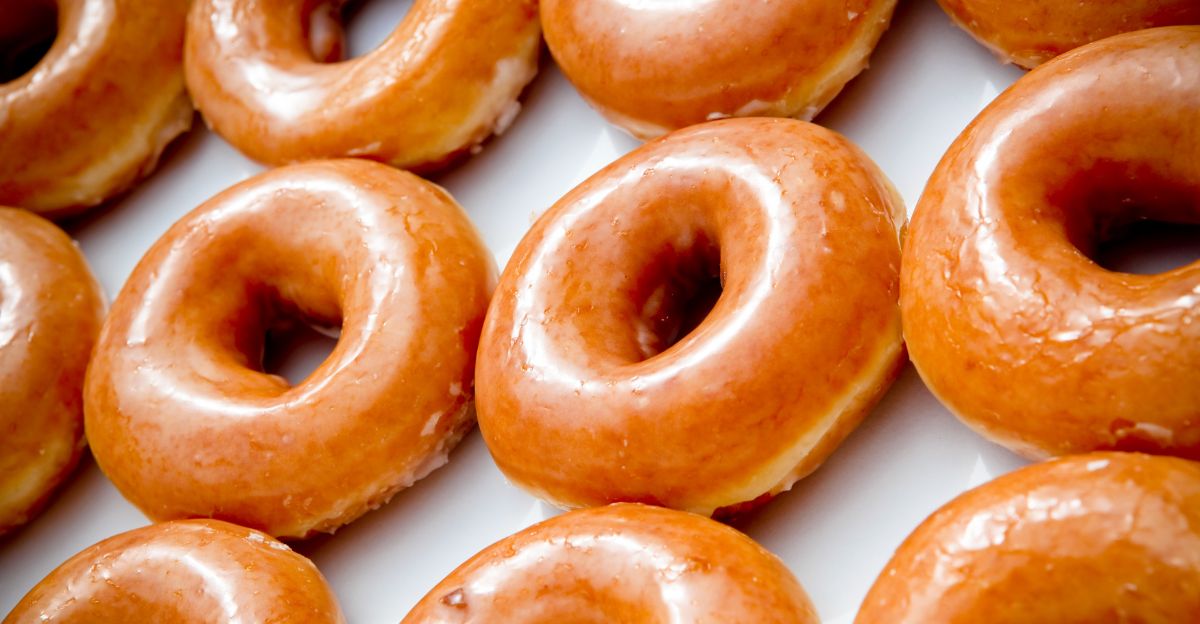
Donuts may look simple, but their ingredient lists tell another story. Many mass-produced versions contain artificial flavors, trans fats, and preservatives like BHT. Glazes often use emulsifiers to keep them smooth and shiny, compounds that may disrupt gut health and trigger inflammation.
These additives help extend shelf life and improve texture, but they come with questions regulators are starting to take seriously. As fast food chains face pressure to clean up ingredient lists, the days of bright pink glazes and artificially fluffy dough may be numbered.
#6: Condiments and Sauces
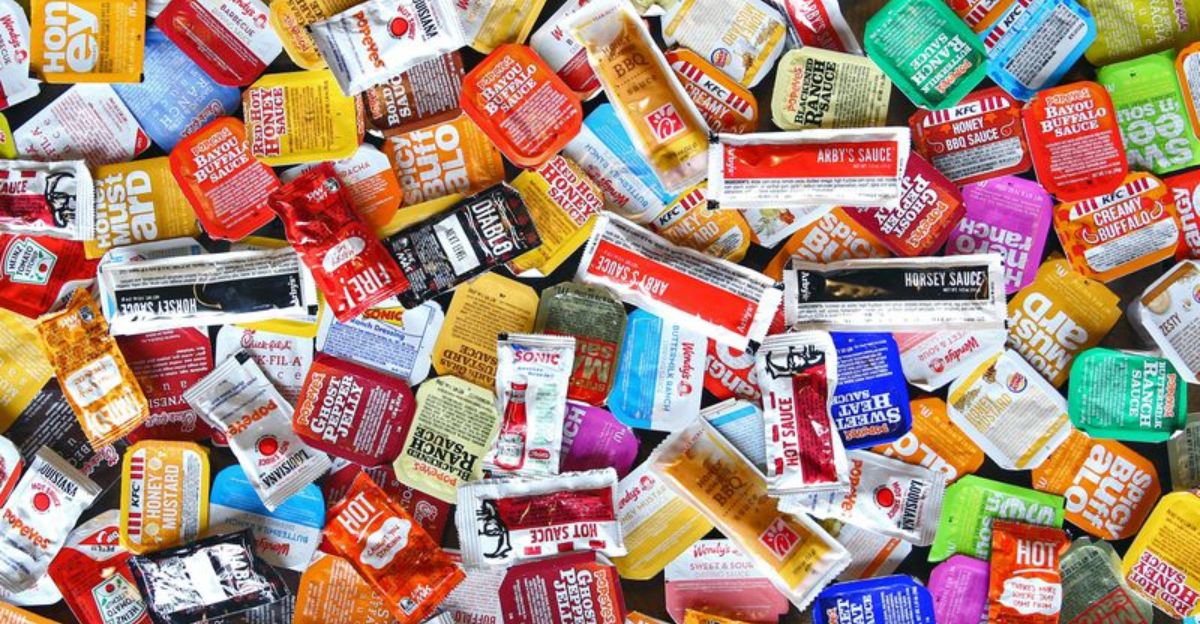
That squeeze of ketchup or packet of taco seasoning isn’t as simple as it looks. Commercial condiments often contain high-fructose corn syrup, MSG-laced “natural flavors,” and preservatives like potassium sorbate or TBHQ, an additive linked to immune suppression in recent studies.
Even taco kits include modified starches and artificial dyes to keep them shelf-stable. Fast food sauces, including mayo, often rely on calcium disodium EDTA and seed oils like soybean oil, both on RFK Jr.’s radar.
#7: Sugary Coffee Drinks
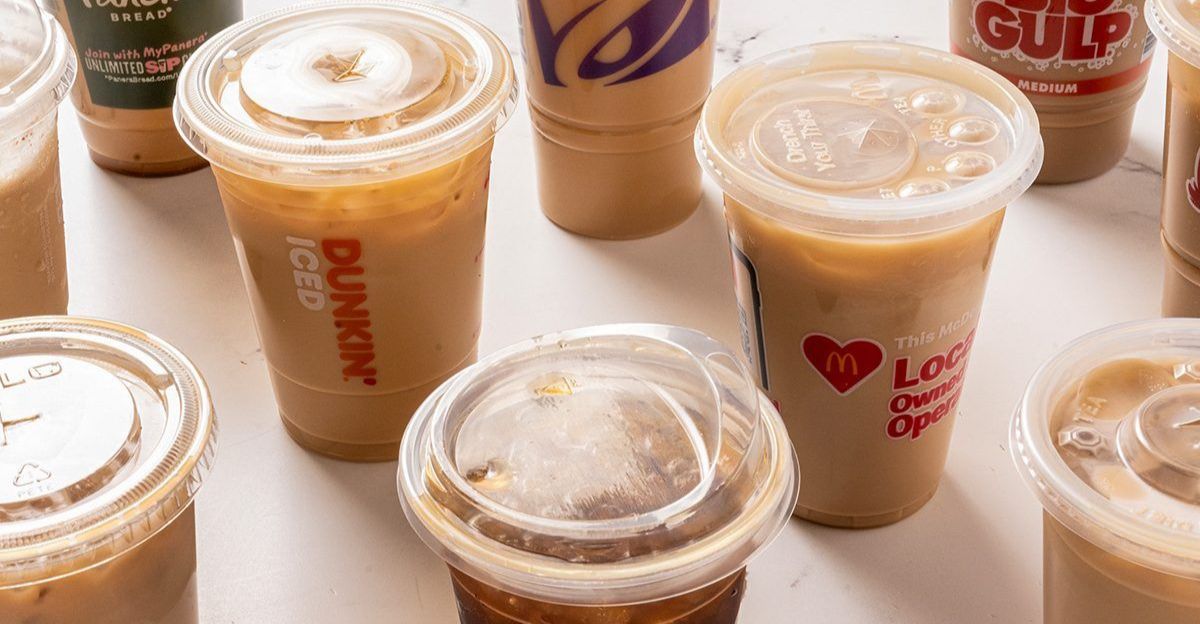
The rise of specialty coffee drinks has added a new layer of processed ingredients to everyday diets. Many flavored lattes and iced coffees are packed with high-fructose corn syrup, which contributes to weight gain and disrupts fullness cues. Coffee syrups often contain synthetic flavors that mimic real ingredients but may trigger allergic reactions in some people.
Carrageenan, used to create that smooth texture in non-dairy creamers, is linked to digestive inflammation. These drinks feel indulgent, but their chemical makeup is far more complex than most customers realize.
#8: Tacos
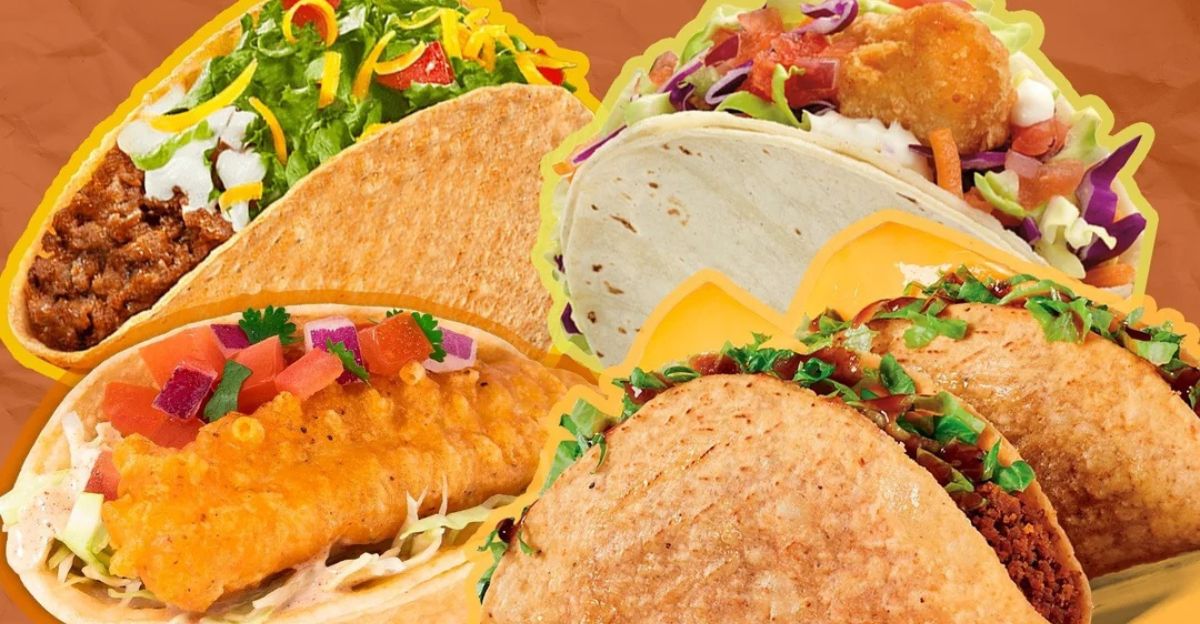
Fast food tacos pack more than just meat and spice. Seasoning packets and fillings often contain propylene glycol, a moisture-retaining compound also used in antifreeze and cosmetics. Modified food starches give taco sauces that smooth, clingy texture, but their long-term health impact isn’t fully understood.
Artificial smoke flavorings, designed to mimic grilled meats, can include compounds that would be toxic if inhaled. These synthetic elements aren’t just seasoning shortcuts; they reflect a larger reliance on engineered food chemistry that consumers are starting to question.
Some Brands Are Onboard, Others Are Pushing Back
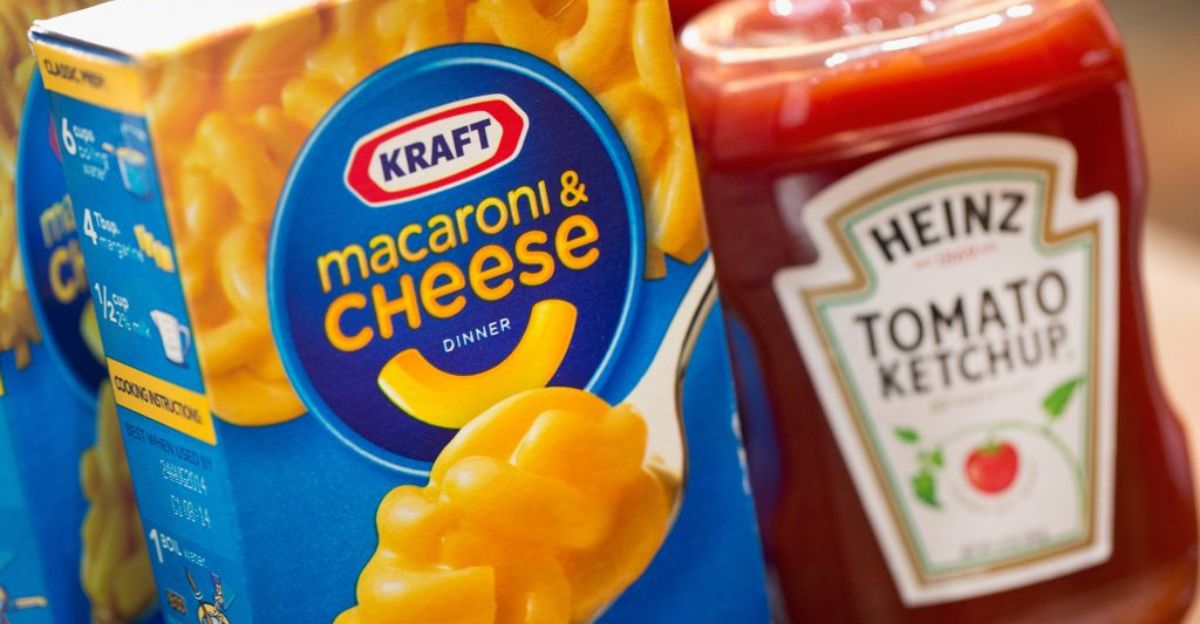
Kraft Heinz and General Mills are already acting. Kraft says 90% of its products are now dye-free and will be fully reformulated by 2027. These companies see Kennedy’s rules as a chance to get ahead. But candy makers aren’t happy. Mars reversed its promise to drop synthetic colors, saying customers like their bright treats.
The National Confectioners Association is also fighting back, arguing candy is safer than alcohol or tobacco. Still, more states are passing their own bans. West Virginia’s law goes into effect in 2028, and over 20 states are looking into similar laws. The momentum is clearly growing.
What’s Coming Next for Fast Food
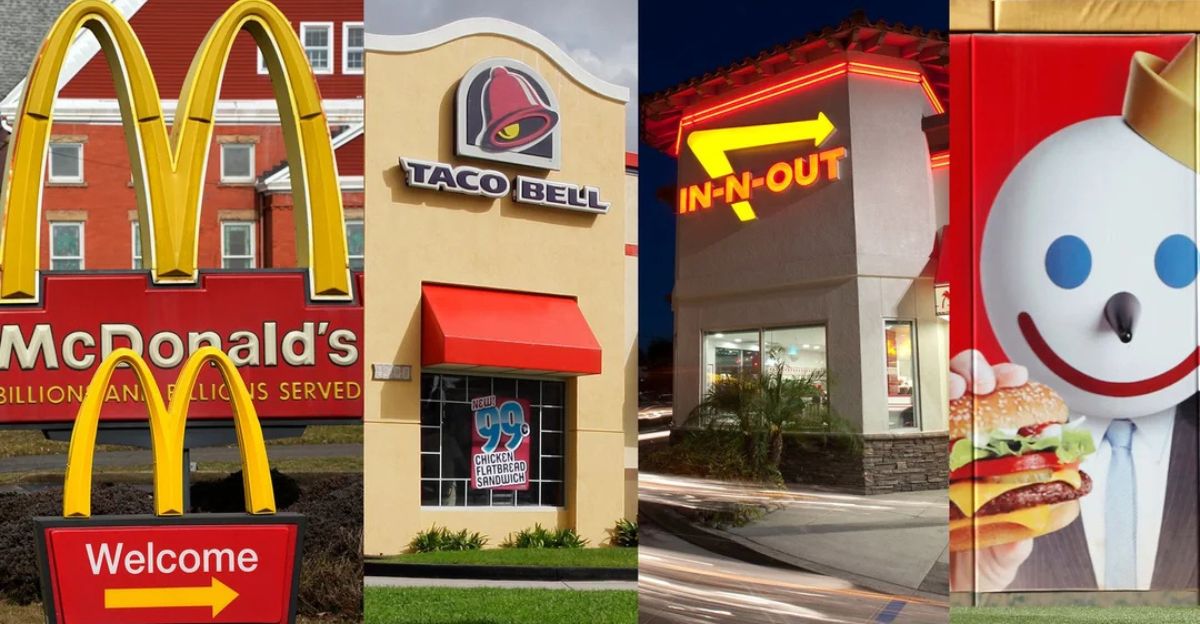
Your fast food order could look a lot different by 2027. Companies will likely replace artificial dyes with natural options by mid-2026. However, natural colors cost more and may change the flavor or appearance. Reformulating recipes won’t be cheap; industry estimates say it could cost billions. Prices might rise as chains figure out how to adapt.
Brands like Chipotle and Panera, which already avoid many of these ingredients, could benefit as others struggle. RFK Jr. has made it clear: this is only the beginning. He’s also targeting seed oils, high-fructose corn syrup, and more. The fast food world is about to change.
